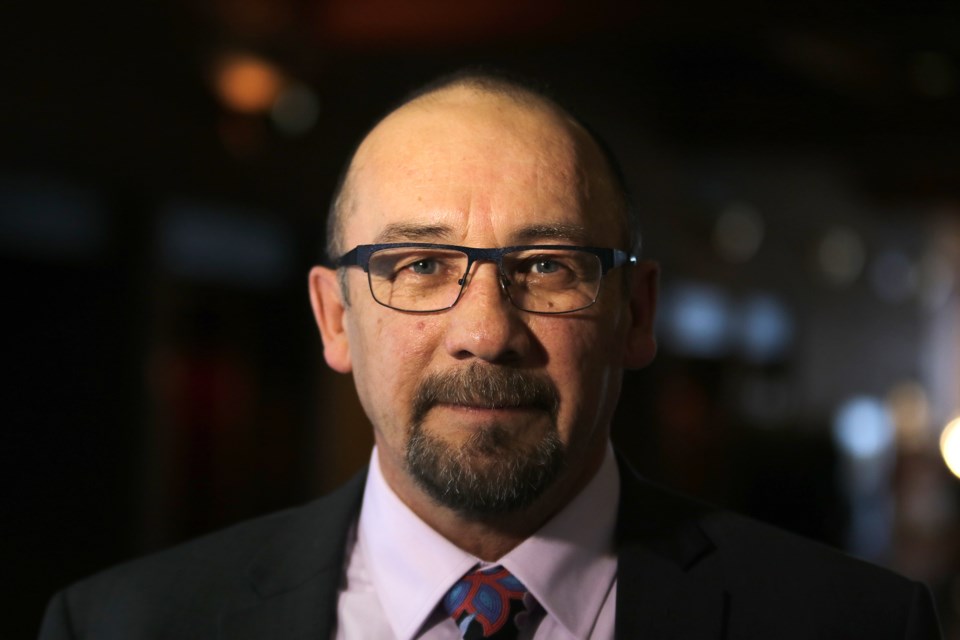Mushkegowuk Council Grand Chief Jonathan Solomon says First Nation communities have learned a lot from COVID-19.
Since the start of the pandemic, Mushkegowuk communities have faced many challenges, Solomon said, as many people couldn’t go to their appointments and family lives were impacted, causing stress and anxiety.
“We were cooped up in our communities. We couldn’t go anywhere, we couldn’t travel,” he said.
Currently, if people want to travel, they have to provide a reason and submit a letter of request to the pandemic committee in their own community, Solomon said. He explained Mushkegowuk Council doesn't determine what the communities will do to keep their residents safe, it's up to local leaders to decide.
The social fabric and the working environment have changed during the pandemic, too, Solomon said.
A lot of contractors wouldn’t go in to finish their jobs, so projects were delayed. Recently, the grand chief also returned to his office in Moose Factory for the first time since March. He had to get permission from the local pandemic committee before travelling and he noticed people were not socializing as they used to because of the social distancing. He wears a mask if someone visits the office or if he has to step out, he said.
“You look at the life at a different lens from what it was before this all happened. That really changes perspective in regard to how this pandemic really impacts everything,” he said. “And not to forget the impact on the economy of this country. It’s just totally different.”
He said the government should be more proactive and prepared if the second wave hits. Although the government did its best to respond to the situation, it was “ill-prepared,” he said
“I think both levels of government, federally and provincially, weren’t ready for this and what they’re doing right now is all reactionary,” Solomon noted, questioning what the government is doing to prepare for a second wave. “It’s something they need to think about, what are they going to do? You can’t continue on to react to the situation when your experts are saying, ‘be prepared.’”
The back-to-school funding for First Nation schools was announced “last minute,” Solomon said, also questioning whether the $112 million will be enough for students and staff to return safely to reserve schools in more than 630 First Nations across Canada.
“Our seven communities submitted our bids to be able to have our own safe back-to-school for our students. The budget was over $21 million alone just for seven communities in my region,” Solomon said.
In his home community of Kashechewan, children are back to school on a rotational basis with half of the class attending, he said.
“Schools have been trying to organize how to open safely. They can’t use the resources they have right now because they’re underfunded already and you expect them to use their annual budget which is under-resourced already? It just doesn’t make any sense," he said.
Looking back at the past six months, Solomon said they've learned a lot more about the virus and he believes the communities are more ready now. He added he was also appreciative of Mushkegowuk community leaders and the people although it was frustrating and some people were upset with the restrictions.
“We’ve learned a lot from a crisis situation and I think we will be better equipped or better situated if the second COVID-19 wave hits the world,” he said. “Our leaders made very difficult decisions. I’m very grateful to our leaders, I’m more grateful for our people who didn’t understand it at first but they began to get it why this action was taken by their leaders.”
